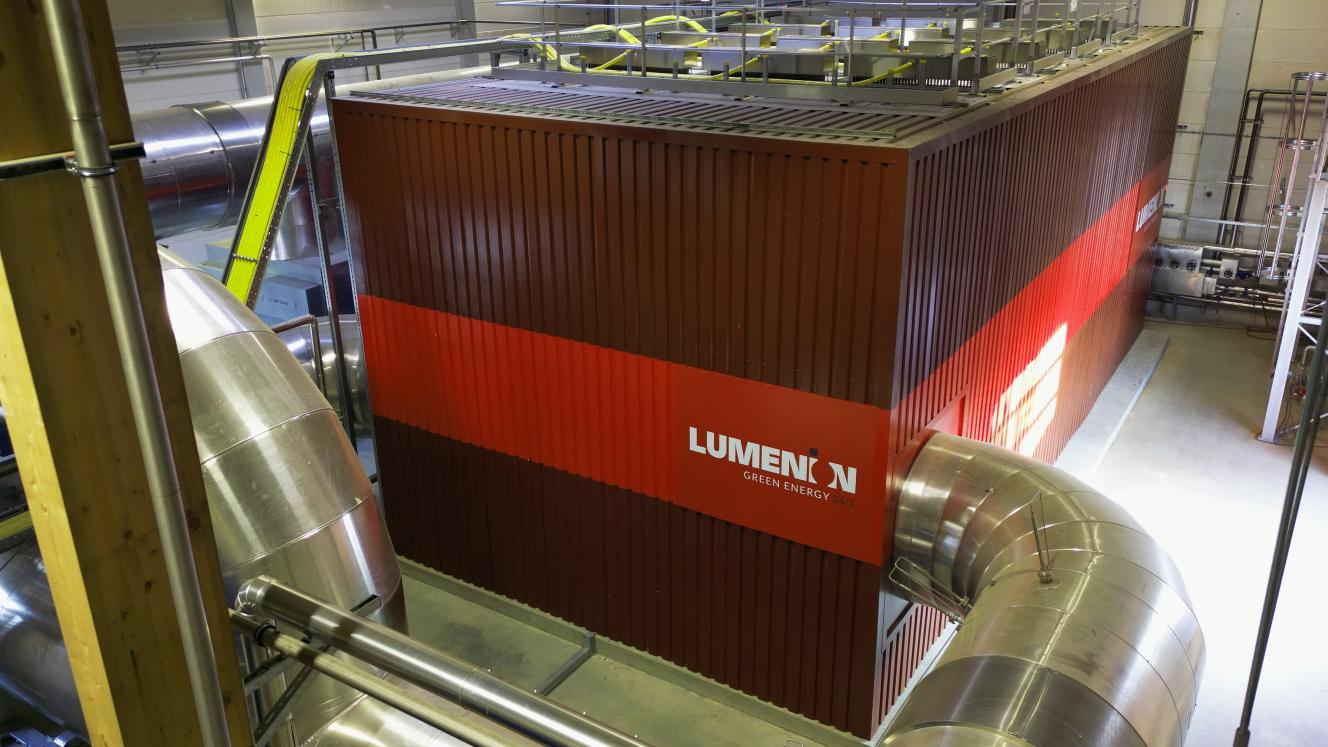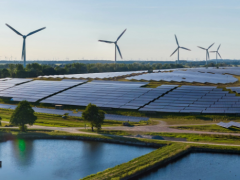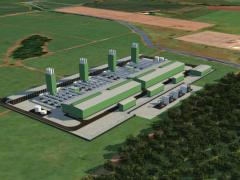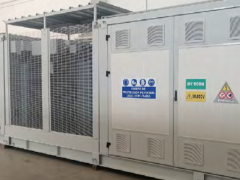A thermal energy storage system developed by German company LUMENION has completed test operations at a site in Schleswig-Holstein. The system is designed to supply carbon-free process steam using stored thermal energy and is intended for use in industrial applications that rely on high-temperature heat.
The TÜV-certified system combines a 20 MWh thermal storage unit with an electrical charging system that uses electricity – ideally sourced from renewables or during low-tariff periods – to heat a solid storage medium to temperatures of up to 600°C. The stored energy is then released as process heat or steam over an extended period.
According to LUMENION, the system can supply “green steam” at temperatures of up to 450°C, making it suitable for sectors such as food processing and manufacturing, which typically rely on fossil fuel-based boilers. The system’s flexible charging capability allows users to draw electricity at different times throughout the day. The company says this supports optimised energy use and helps reduce exposure to fossil-fuel price volatility and rising carbon costs.
The plant was constructed within a year, from foundation to test operation, LUMENION says in a statement, adding that its modular design enables the system to be scaled to different industrial requirements.
The technology is being positioned for broader rollout across industries requiring medium-temperature heat. “LUMENION is systematically driving the development of these pioneering decarbonisation solutions to support the energy transition, including ‘heat-as-a-service’ contracts, and sees enormous market potential for their broad industrial application,” says LUMENION’s CEO Peter Kordt.
Dr Jobst von Hoyningen-Huene, Co-CEO and Co-Founder of investment firm econnext, which supports LUMENION, describes the technology as “a practicable and immediately available way to advance the decarbonisation of industry”. Its economic viability improves when paired with on-site renewable generation as the thermal storage capacity allows for time shifting of electricity use and helps stabilise steam production costs, he says.













